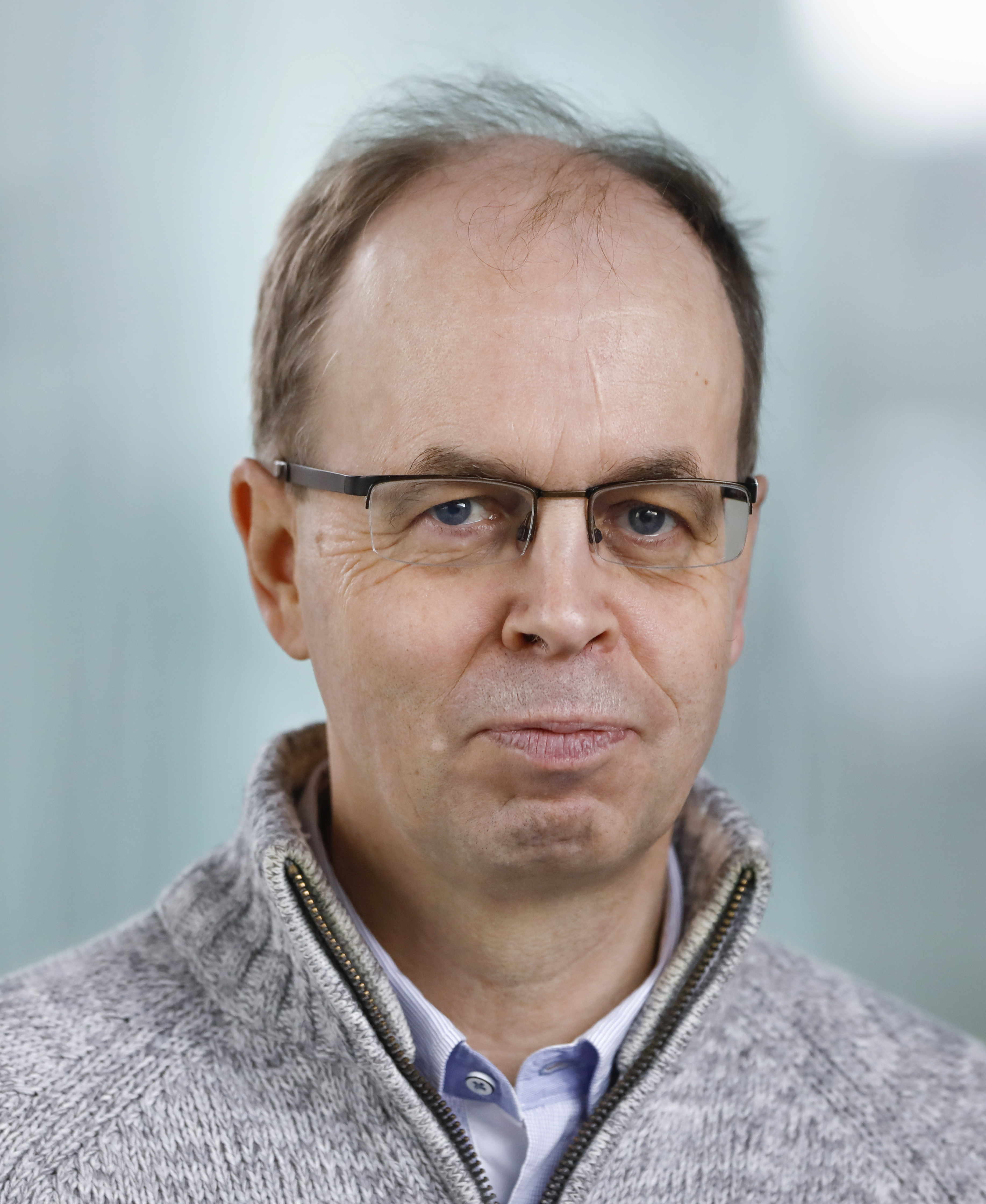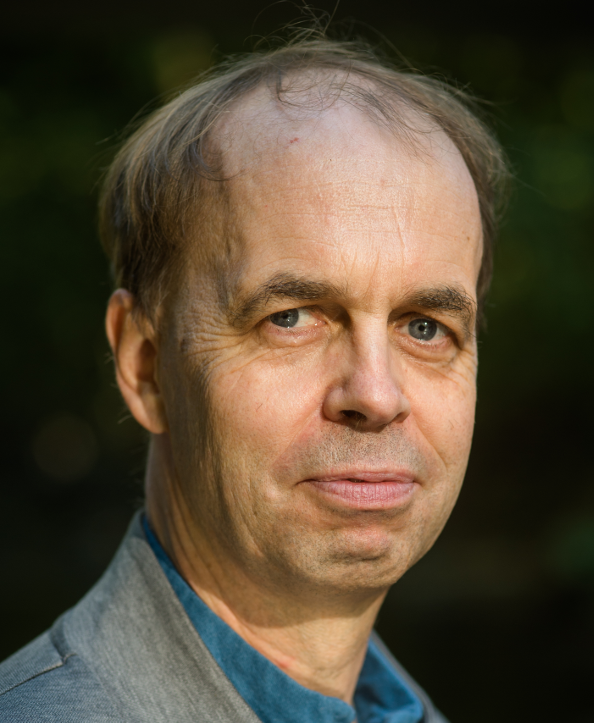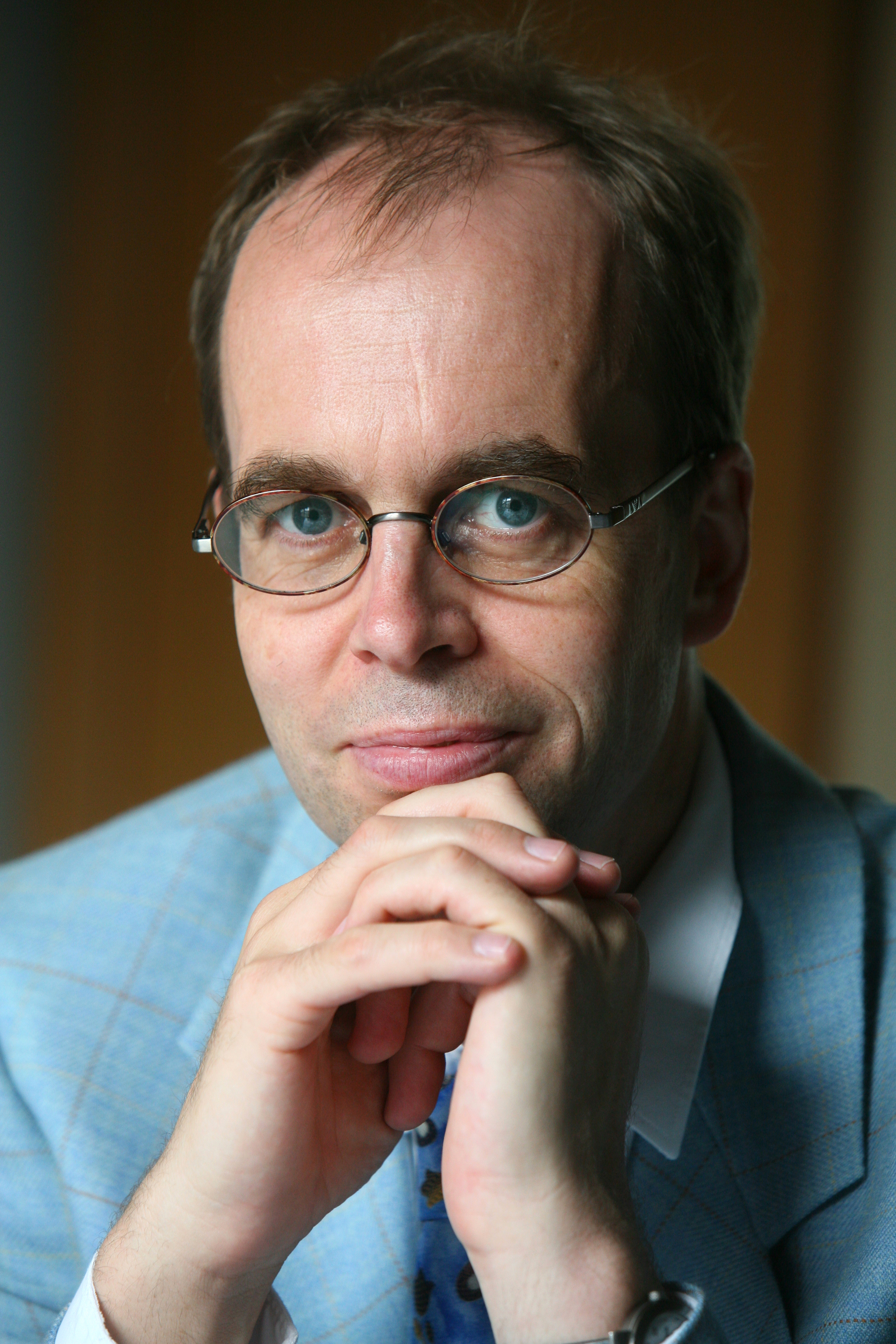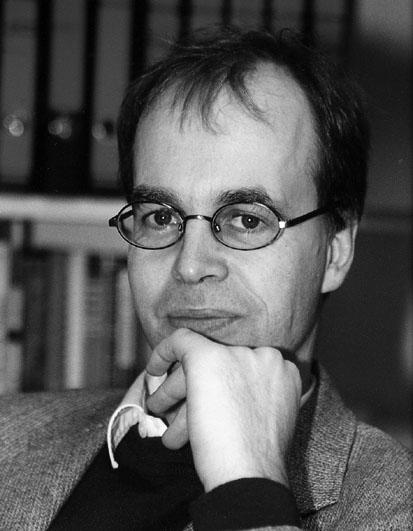

Born February 18, 1961, I lived in Germany, in or close to Wiesbaden, until I was twelve years old. We then moved to Rome/Italy, where I went to the German high-school. 1980 I moved to Zürich/Switzerland, where I studied physics at the ETH-Zürich. After finishing my studies in 1985 I stayed another three years at the ETH-Zürich for my PhD in theoretical condensed-matter physics with Prof. T.M. Rice. 1988-1990 I stayed at the Indiana University, Bloomington, with Steve Girvin and Allan MacDonald for a post-doctoral research period, initially as a Chester-Davies fellow.
In 1990 I moved to the University of Dortmund/Germany,
being 29 years old, after having lived 17 years outside Germany. In 1999 I accepted an offer from the University of the Saarland in Saarbrücken/Germany for a chair in theoretical Physics. In 2005 I accepted an offer from the University of Frankfurt in Frankfurt a.M./Germany for a chair in theoretical Physics.
Zu meiner Person Für eine deutsche Fassung vom Lebenslauf steht der Wikipedia-Eintrag zur Verfügung. Meine Arbeitsweise wird schön durch eine Beschreibung erfasst, die Philipp Hummel in der 'Welt am Sonntag' vom 2. Oktober 2016 in seinem Artikel 'Mister Genesis' gegeben hat:
Die Evolution hat Tiere hervorgebracht, die sich nicht zwischen
zwei Welten entscheiden können. Amphibien leben an Lande, können
sich aber nur im Wasser fortpflanzen. Gros ist auch so ein Brückentier.
Er wandelt zwischen Vernunft und Fantasie, Präzision und Träumerei,
Wissenschaft und Science-Fiction.
GPT4o résumé (retrieved May 23, 2024) Claudius Gros is a theoretical physicist based at Goethe University Frankfurt. His research focuses on complex systems theory, particularly in relation to the neurosciences and self-organizing systems. He has explored a variety of topics, including the physics of AI and self-organized robotics. Gros is also known for his work on the "Genesis Project," which investigates the feasibility of creating biospheres on exoplanets using unicellular organisms. This project aims to understand the ethical and scientific implications of seeding life elsewhere in the universe. He has published numerous academic papers and a textbook on complex and adaptive dynamical systems. Additionally, Gros has a background in theoretical condensed-matter physics and has held various academic positions, including at the University of the Saarland and the University of Dortmund before moving to Frankfurt in 2005.
Images |
||||||
Bitte bachten Sie die Datenschutzerklärung



